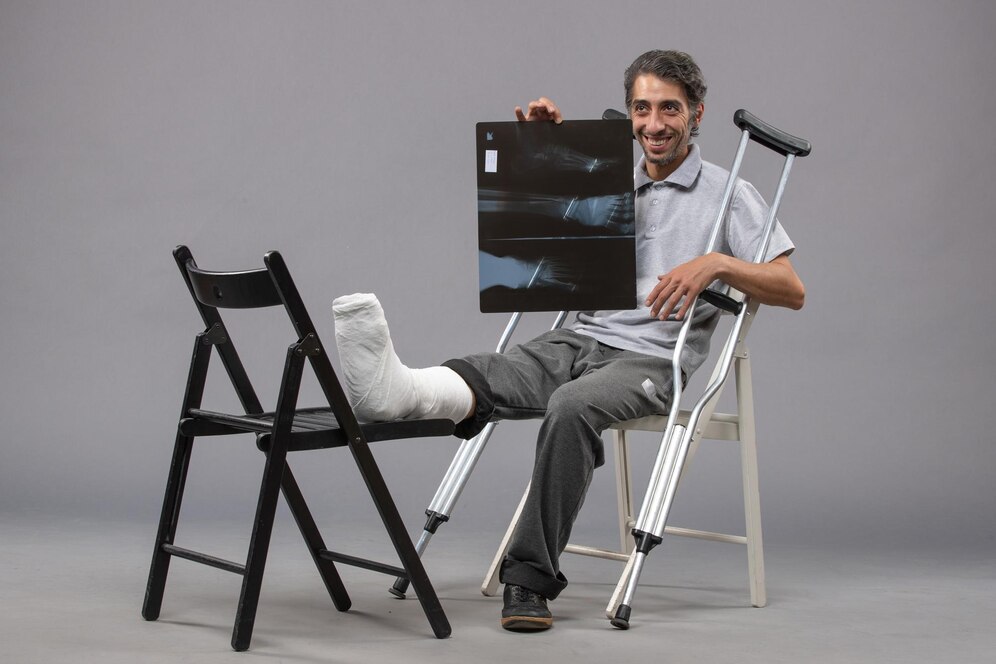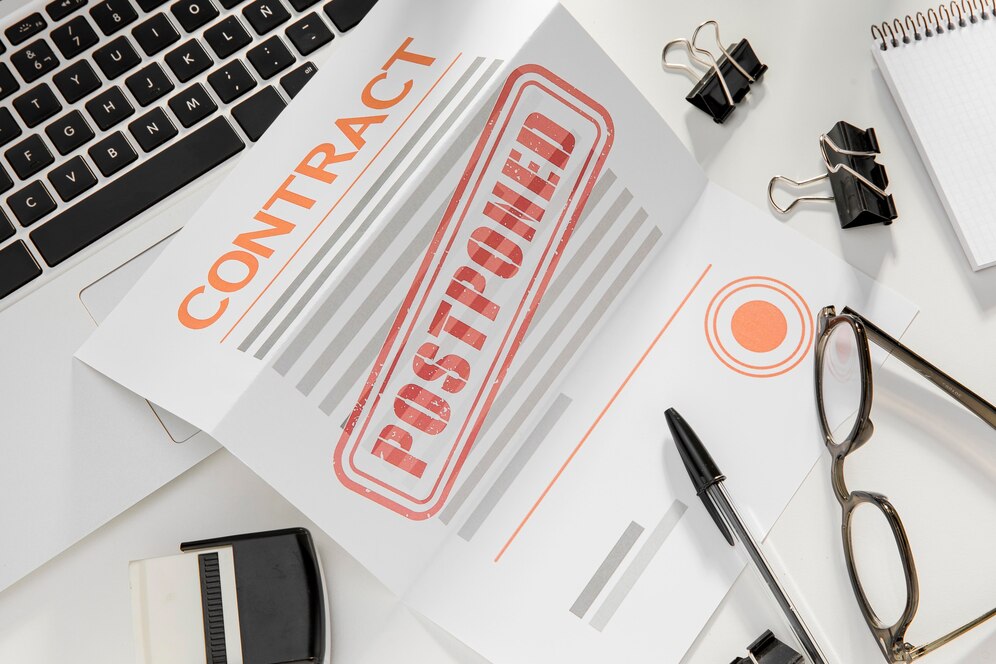Serious Injury Lawyer
Serious Injury Lawyer: Get the Compensation You Deserve
Suffering a serious injury can dramatically alter your life, impacting your ability to work, care for your family, and enjoy daily activities. You don’t have to face these challenges alone. At LaViolette Law, we handle the legal battle so you can focus on your recovery. We’re here to fight for what’s rightfully yours, providing professional, one-on-one legal representation. Let us guide you every step of the way toward the compensation you deserve.

Client Success Story
Why LaViolette Law?

Extensive Experience
With 3 decades of experience in serious injury law, LaViolette Law has the expertise to navigate complex cases and secure the compensation you deserve.

Personalized, One-on-One Service
At our firm, you work directly with Laurie C. LaViolette, ensuring dedicated attention and a legal strategy tailored to your unique needs. We’re committed to understanding your situation and fighting for the outcome that matters to you.

Contingency Fee Structure
We operate on a contingency fee basis, meaning you won’t pay any legal fees unless we win your case. This approach makes high-quality legal support accessible and helps reduce financial worry.

Comprehensive Case Management
From evidence collection to negotiations, we manage every aspect of your case. Our end-to-end service allows you to focus on your recovery while we handle the legal complexities.
FAQs
How do I Know if I Have a Case?
Determining whether you have a serious injury case depends on several factors. Here are a few key points to consider:
- Injury Severity: If you have sustained a serious injury that affects your ability to work or perform daily activities, you may have a case. Injuries that result in chronic pain, long-term disability, or require extensive medical treatment are often eligible for claims.
- Fault and Liability: If someone else’s negligence contributed to your injury, you likely have grounds for a claim. This could include motor vehicle accidents, workplace incidents, or other situations where another party was responsible.
- Evidence: Successful claims generally require documentation, such as medical records, witness statements, and accident reports. Gathering evidence can strengthen your case and help secure fair compensation.
- Time Limits: There are specific deadlines for filing a serious injury claim, so it’s essential to act promptly. Consulting with a serious injury lawyer can help you understand the timeline and next steps for your claim.
If you’re unsure about any of these factors, reaching out to a serious injury lawyer can clarify your situation and guide you through the process.
Can I Still Make a Claim if My Injury Occurred Some Time Ago?
Yes, you may still be able to make a claim even if your injury happened some time ago. However, keep the following in mind:
- Statute of Limitations: There is a legal time limit for filing serious injury claims. In Nova Scotia, you typically have two years from the date of the injury to file a claim, but certain exceptions may apply.
- Delayed Symptoms: Sometimes, symptoms of a serious injury may not appear immediately. If you’ve recently discovered that your injury is more severe than initially thought, you might still be eligible to file a claim.
- Consult a Lawyer: A serious injury lawyer can review your case details and advise you on the specific deadlines for your situation, as well as any potential exceptions that might allow you to file after the usual time limit.
Taking action quickly can make a big difference, so if you think you have a serious injury claim, don’t hesitate to seek legal advice.
What Should I Do if My Injuries Worsen Over Time?
If your injuries worsen over time, you may still be eligible to update your serious injury claim or even file a new one, depending on the circumstances. Here are steps to consider:
-
Seek Medical Attention:
-
Visit your doctor as soon as you notice any worsening symptoms. Detailed medical records documenting these changes can strengthen your case.
-
Keep track of all new treatments, medications, or therapy you receive due to your worsening condition.
-
Update Your Lawyer:
-
Inform your serious injury lawyer about the changes in your condition. They can advise you on whether you should modify your existing claim or file a new one.
-
Your lawyer can also guide you on additional documentation needed, such as updated medical records or specialist reports.
-
Document Your Symptoms:
-
Maintain a journal of how your condition affects your daily life, work, and activities. This can help show the ongoing impact of your injury.
-
Take note of any new limitations, pain levels, and changes in mobility or other functions.
-
Consider the Timing of Your Claim:
-
If your injury worsens before your claim is settled, your lawyer may adjust the claim to reflect your current condition.
-
If the claim has already been settled, consult your lawyer about possible options, like filing a new claim or seeking additional compensation if applicable.
Worsening injuries can complicate a serious injury claim, but with prompt action and legal guidance, you can ensure your claim accurately reflects the full impact of your condition.
What is a Serious Injury Claim?
A serious injury claim is a legal process that seeks compensation for injuries resulting from someone else’s negligence. These injuries often have long-term effects on your ability to work, perform daily tasks, and enjoy life. Unlike minor injuries, serious injuries can lead to:
- Chronic Pain: Persistent discomfort that can last for months, years, or even a lifetime, impacting your physical and mental well-being.
- Permanent Disability: Injuries that result in lasting limitations, such as loss of mobility, sensory impairment, or cognitive difficulties.
- Extended Medical Care: Serious injuries often require ongoing treatments, including surgeries, physical therapy, and rehabilitation.
Types of injuries that may qualify for a serious injury claim include:
- Spinal Cord Injuries: Which can result in partial or complete paralysis.
- Traumatic Brain Injuries (TBIs): Affecting cognitive abilities, emotions, and overall independence.
- Amputations and Severe Fractures: Resulting in loss of limb function and prolonged recovery.
- Psychological Trauma: Such as Post-Traumatic Stress Disorder (PTSD), which can deeply impact daily life and relationships.
In a serious injury claim, you can seek compensation for various losses, including medical expenses, lost wages, pain and suffering, and any future care needs. Consulting with a serious injury lawyer can help you understand the specifics of your case and guide you through the process to secure fair compensation.
Other Services We Offer

Injury and Insurance

Estate Planning

Estate Administration / Probate
Our team of lawyers can guide you through every step of the Probate process whether, there is a valid Will, and we make sure that all time limits are met and documents...

Family Law

Civil Litigation
Litigation is the process of taking legal action through a proceeding or lawsuit. In addition to Injury and Insurance litigation, LaViolette Law represents both plaintiffs and defendants in other matters...

Other Legal Advice
Latest From Our Blogs
Why Hire a Car Accident Lawyer? 7 Reasons It’s the Smartest Decision
Car accidents bring more than just vehicle damage—they bring stress, uncertainty, and unexpected expenses. If you're wondering why hire a car accident lawyer, you’re not alone. A car accident can leave you dealing with painful injuries, medical...
What to Do After a Car Accident in Nova Scotia: A Step-by-Step Guide to Stay Safe and Covered
Introduction A car accident can happen in an instant, leaving you stressed and unsure of what to do. Knowing what to do after a car accident in Nova Scotia will help you stay calm, protect your legal rights, and simplify the insurance process....
Should I Hire a Lawyer for a Minor Car Accident? Here’s What You Need to Know
Introduction Should I hire a lawyer for a minor car accident? It’s a common question after small collisions. At first, it might seem straightforward—no obvious injuries, no major damage. But small accidents can lead to hidden problems. Delayed...




